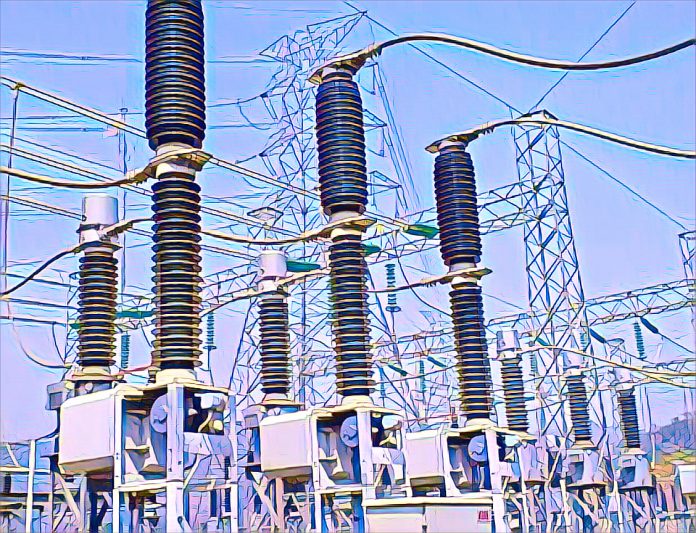Nigeria’s bid process to sell five power plants for $1 billion has reached its final stages, marking a significant development in the country’s efforts to revitalize its energy sector. The move comes as part of Nigeria’s broader strategy to attract private investment and modernize its power infrastructure. The power plants, which are state-owned, are expected to be sold to private investors, with bids closing in the coming weeks.
The power plants in question include the Afam Power Plant, located in Rivers State; the Geregu Power Plant in Kogi State; the Calabar Power Plant in Cross River State; the Omotosho Power Plant in Ondo State; and the Alaoji Power Plant in Abia State. These facilities have a combined capacity of 3,400 megawatts, a significant portion of Nigeria’s electricity generation capacity.
The privatization of these power plants is seen as a critical step in addressing Nigeria’s longstanding energy challenges, including inadequate power supply and aging infrastructure. By bringing in private investors, the government aims to inject much-needed capital into the sector, improve operational efficiency, and ultimately enhance the reliability of the country’s power grid.
Nigeria, Africa’s most populous nation, has struggled with chronic electricity shortages for years, hindering economic growth and development. The lack of reliable power has been a major obstacle for businesses and households alike, leading to reliance on costly alternatives such as diesel generators.
Despite being rich in natural resources, including vast reserves of oil and gas, Nigeria has been unable to harness its energy potential effectively. Years of underinvestment, mismanagement, and corruption have contributed to the current state of the country’s power sector.
The privatization of these power plants represents a significant milestone in Nigeria’s efforts to reform its energy industry and attract foreign investment. The successful sale of these assets could pave the way for further privatization initiatives in other sectors, driving economic growth and job creation.
However, challenges remain, including regulatory uncertainties, bureaucratic hurdles, and infrastructure deficiencies. Additionally, concerns have been raised about the transparency and fairness of the bidding process, with some critics calling for greater oversight and accountability.
Nevertheless, proponents argue that the benefits of privatization outweigh the risks, citing examples from other countries where similar reforms have led to improvements in energy access and affordability. If executed effectively, the sale of these power plants could mark the beginning of a new era for Nigeria’s power sector, bringing about much-needed reforms and opportunities for growth.
As the bidding process enters its final stages, all eyes are on Nigeria’s energy sector, with stakeholders eagerly awaiting the outcome of the sale. The successful privatization of these power plants could not only boost investor confidence but also help Nigeria realize its full economic potential.
Source: Business day



